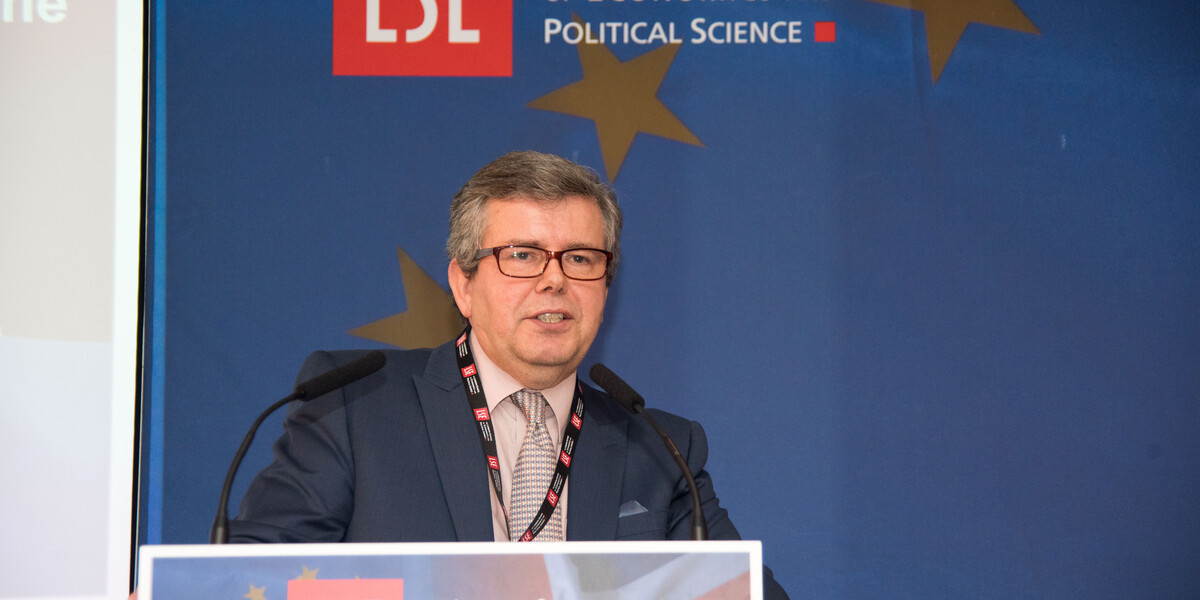 How long have you been at LSE and how did you come to join the European Institute?
How long have you been at LSE and how did you come to join the European Institute?
I came to LSE in May 2002 to take up the Chair on Contemporary Greece.
How has the European Institute changed during your time here?
The EI has become much more cohesive, with a clearer vision of its purpose, and as a result its academic standing, both within the School and externally, has grown very considerably.
What has been the most memorable moment during your time at the EI?
Actually, there are quite a few: perhaps flying to Shanghai for a one-night stay to finalise our new double-degree programme with Fudan University and coming back early morning to teach a seminar at 10am. My students couldn’t believe I’d just done that.
Or, seeing the nervousness of a former PM before going on stage to speak to a large LSE audience – that was an endearingly human moment, but also an encouraging one for us all.
What course or subject area have you enjoyed teaching the most?
The thing I really value about teaching in the EI is the international diversity of our students and I feel this the most when I teach EU430, comparing our individual understandings of what ‘Europe’ means. The students themselves are often surprised to hear what their peers say and how this contrasts with their own preconceptions – that’s a great base to build on.
What makes the EI a special place?
The EI has long been known as one of the friendliest parts of the LSE and this is well-justified. So, the EI is special because it does high quality academic work while maintaining a great atmosphere: both informal and respectful. It’s an ideas ‘factory’ that nurtures talent, bringing out the best in us all.
What excites you about the future of the EI?
The EI is a ‘mission’ – to show the relevance of different disciplinary skills to understanding common problems – and, as such, it thrives when it has new goals to achieve to further its cause. My colleagues and I are excited by ‘change’ and the willingness to adapt makes me confident about our future.
What’s your favourite place on LSE campus?
When I first arrived, I heard a very senior LSE professor say that if he were ever to be marooned on a desert island, he’d like to be able to take the Staff Dining Room with him as a luxury. I remember feeling how weird and sad that sounded. Twenty years later, I can better understand what he meant – it’s a rare place to talk with colleagues from across the School.
What is your favourite place to visit in Europe and why?
My answer is predictable, I guess – Athens – but I defy any intelligent person to walk around and not to be in awe of the Parthenon and the history of its surroundings. Classic beauty, with grand simplicity, and stunning technical calculation in its design.